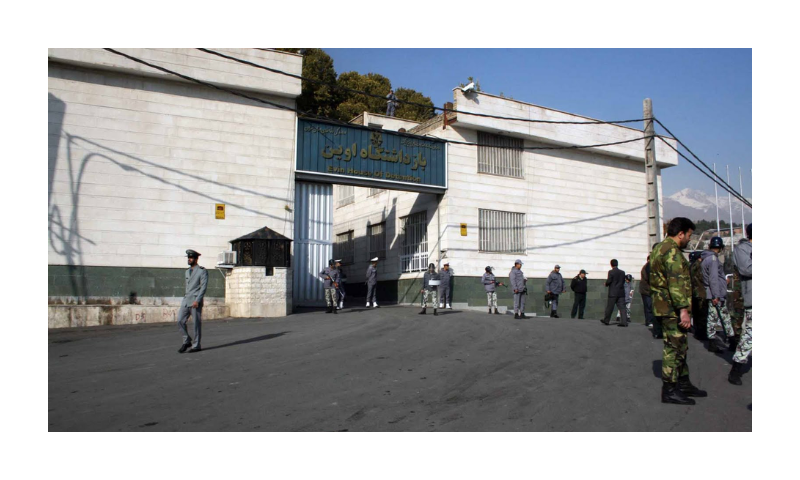TOI staff
Times of Israel, Aug. 11, 2023
“We will continue to enforce all of our sanctions. We will continue to push back resolutely against Iran’s destabilizing activities in the region and beyond. None of these efforts take away from that.”
Israeli officials said a prisoner exchange deal announced Thursday between the US and Iran is part of a larger set of understandings between Tehran and Washington, who have been working toward an informal arrangement that would limit the Iranian nuclear program.
Two senior Israeli defense officials told The New York Times the prisoner deal stems from agreements worked out between the US and Iran during indirect talks in Oman.
The prisoner agreement could also facilitate further diplomacy between the two countries, as the Biden administration looks to prevent Iran from developing nuclear weapons, the report said.
If the prisoner deal goes through, it would remove a sticking point between Washington and Tehran. Relations have also flared between the two countries due to Iran’s support for Russia’s invasion of Ukraine and its threats to commercial maritime traffic in the Persian Gulf, among other issues.
Iran and the US appear to be adhering to the informal agreements worked out in Oman, which include Iran limiting further development of its nuclear program and preventing its proxies in Iraq and Syria from attacking US forces.
A US military official told the New York Times that Iran-backed militias in Syria and Iraq have scaled back activity against US troops, and an Israeli official said Russia is seeking more military help from Iran, despite the hundreds of attack drones Iran has sent to support Moscow’s war effort.
In the prisoner exchange deal, Iran transferred five Iranian Americans from prison to house arrest, in a step toward releasing the detainees, in exchange for $6 billion to $7 billion in Iranian funds that were frozen by sanctions and held in South Korea.
Iran’s UN mission said the money would be transferred to Qatar before being sent on to Iran if the agreement goes through. The final transfer of the money, and the ultimate release of the detainees, are expected in the next month or so due to the complicated nature of the financial transactions, Iranian officials told The Associated Press.
… [To read the full article, click here]


